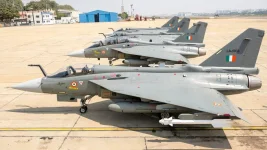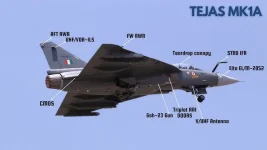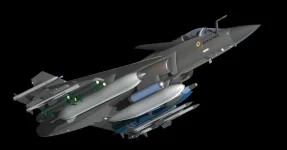- Views: 4K
- Replies: 36

The delivery of the Tejas Mk-1A fighter jets to the Indian Air Force is facing yet another setback, this time due to an export ban imposed by Denmark on a critical component, the engine charge amplifier. This delay compounds the existing hold-up caused by the non-delivery of engines by General Electric and necessary software iterations.
While the Ministry of Defence is actively engaging with Denmark to resolve the export ban, HAL has taken proactive measures by contracting a local firm to develop an indigenous alternative.
Sources indicate that while these amplifiers are present in the older Tejas models, their unavailability is hindering the fulfillment of the contract for the 83 LCA Mk-1As.
The Danish export restrictions are believed to be linked to the ongoing Russia-Ukraine conflict, further complicating the matter.
Despite this, HAL is optimistic about completing the indigenization process swiftly. Sources indicate that the Bengaluru-based firm has nearly finished developing the component, and HAL will soon conduct rigorous tests before proceeding to mass production.
In the interim, HAL aims to deliver an initial batch of aircraft equipped with some charge amplifiers acquired under a previous contract. While the engine charge amplifier is a relatively small component, its role in measuring and regulating engine temperature is crucial.
There's cautious optimism that the Danish government may reconsider the export ban or that the indigenization and testing process of amplifier will be expedited.
This latest setback adds to the existing delays in the Tejas Mk-1A program. Sources highlight that even if GE had delivered the engines on time, the aircraft delivery would still have been delayed due to other pending issues like Israeli software installation and this charge amplifier shortage.
Despite these challenges, HAL remains hopeful that the first Tejas Mk-1A can be delivered by the end of October or November, albeit significantly later than the original March deadline.



